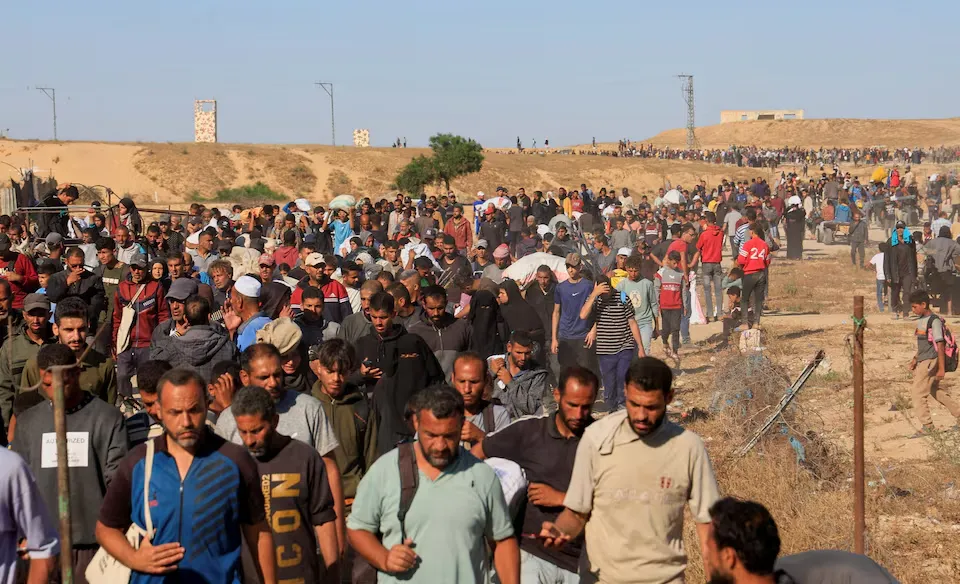What Happened
- On June 26, 2025, the U.S. State Department approved a $30 million grant to the privately-run Gaza Humanitarian Foundation—marking the first direct U.S. government funding to GHF.
- GHF, founded in February 2025 and backed by U.S. and Israeli entities, deploys private military and logistics contractors to distribute aid at gated “secure hubs” within Gaza.
- Their team estimates they’ve delivered over 46 million meals since May, following the lifting of an 11-week blockade.
What Is Good About It
- Emergency food relief at scale: The grant supports mass meal distribution where UN aid routes are constrained.
- Swift operational flow: GHF’s private-hub system allows faster action without typical USAID audits.
- Potential for continuity: Statements suggest additional monthly funding could follow, ensuring ongoing aid.
Controversies & Concerns
- Safety issues at hubs: UN officials have condemned the model as “inherently unsafe,” citing over 400 Palestinian deaths near GHF sites due to crowd surges and violence.
- Neutrality questioned: Critics argue the militarized hub model, overseen by private and military actors, risks politicizing aid and excluding vulnerable groups.
- Audit and vetting bypassed: The grant was fast-tracked, notably omitting the usual USAID audit checks—raising concerns over oversight.
Why It Leads to Positivity
- Rapid meal delivery: The funding enables millions of meals to reach civilians amid acute shortages.
- Precedent for U.S. funding: Sets a precedent that could encourage further international support.
- Operational support for hubs: Financial backing strengthens logistical capabilities in a crisis environment.



